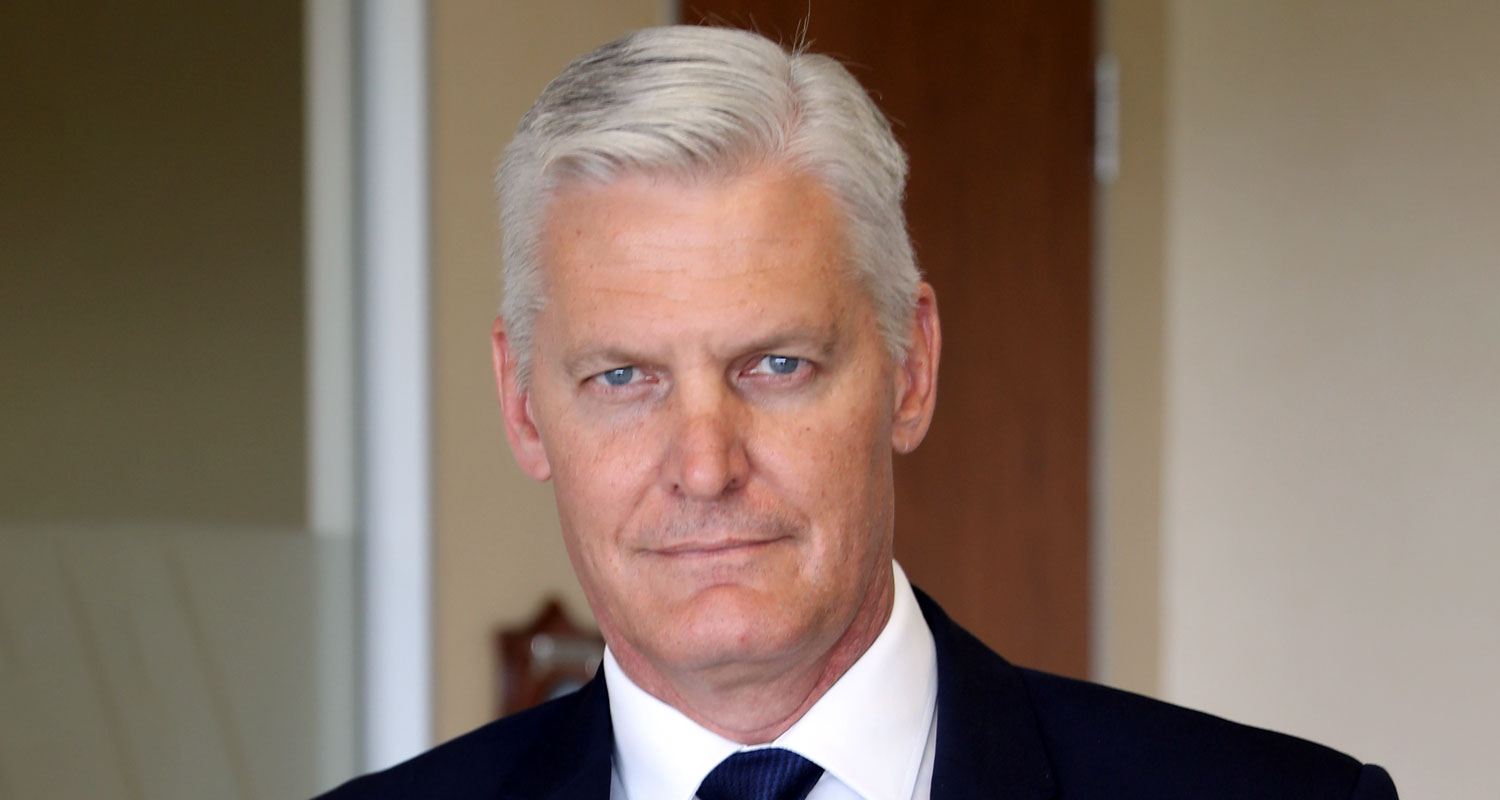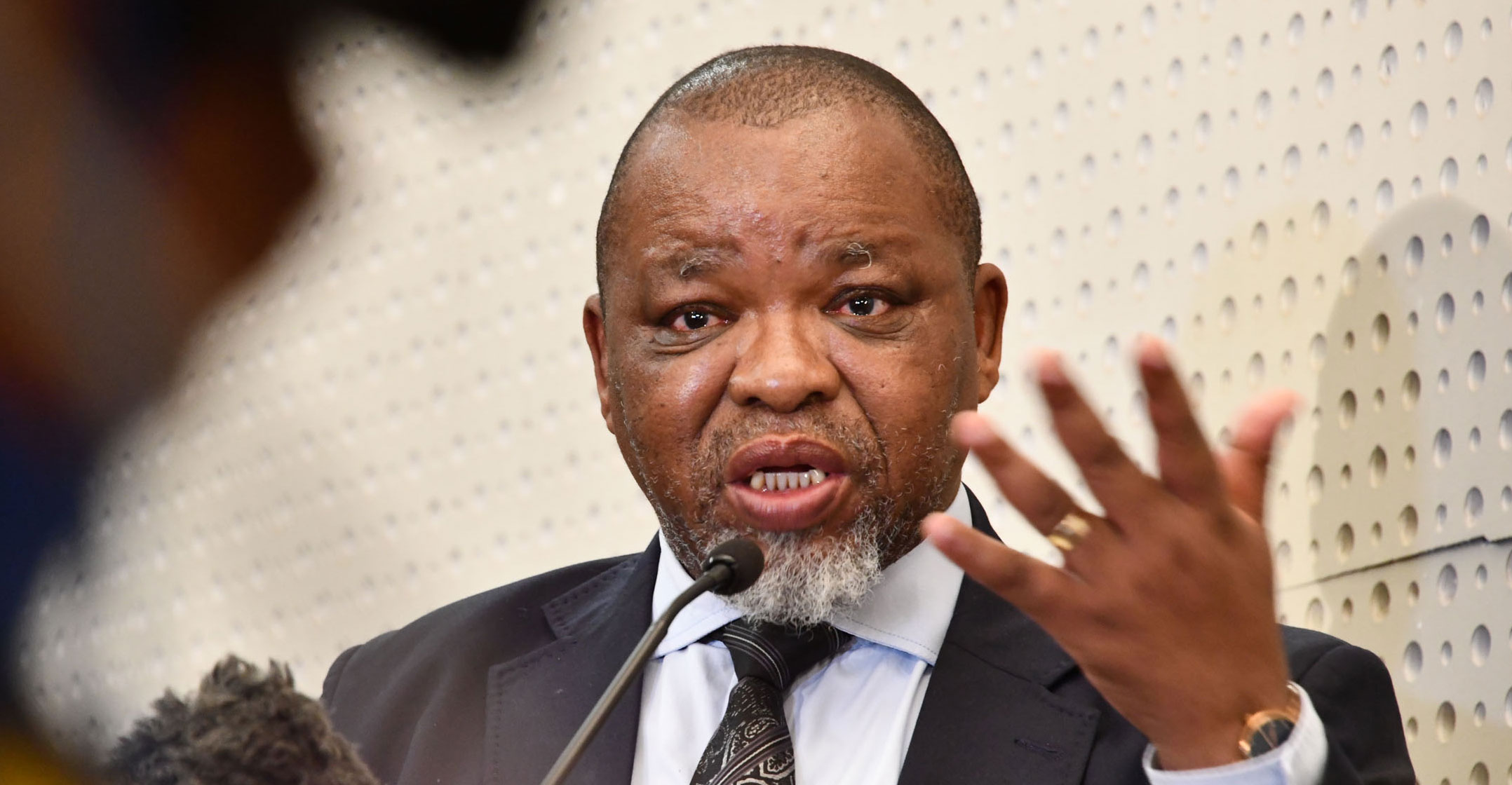 For a multitude of reasons, Eskom CEO André de Ruyter’s resignation is a huge setback for the state-owned power utility and South Africa. It comes at a time when the utility, which produces 95% of the electricity used in the country, needs stable leadership.
For a multitude of reasons, Eskom CEO André de Ruyter’s resignation is a huge setback for the state-owned power utility and South Africa. It comes at a time when the utility, which produces 95% of the electricity used in the country, needs stable leadership.
Stability is critical for success in the three key transitions Eskom needs to navigate. It needs to turn back the tide of state capture, and deliver a reliable electricity supply. It must reorganise the group into generation, distribution and transmission, and it must reduce its carbon footprint.
Under De Ruyter’s leadership, some progress has been made in all three areas. Now, successful prosecution of those responsible for corruption, unbundling of Eskom, and the transformation of generating units into an integrated and environmentally sustainable organisation are under severe threat.
De Ruyter’s resignation comes as South Africa’s energy consumers face the worst scheduled power cuts ever, beyond even their wildest imaginings. Eskom operates a fleet of 15 coal-fired power stations, one nuclear facility, four gas turbines and seven pumped storage/hydroelectric stations. Most of the coal stations are down for emergency repairs, and there seems to be no end in sight to escalating rolling blackouts.
De Ruyter’s announcement came a few days after the country was told that the renewable energy programme, a necessary part of South Africa’s energy future and a low-cost solution to the energy shortfall, will only award the solar tenders of bid window 6, adding a miserable 860MW to the energy grid. This is instead of 5.2GW promised by President Cyril Ramaphosa in his Electricity Action Plan delivered in July 2022.
That is 20% of what was promised and 5% of what the country needed, based on the 2019 Integrated Resource Plan.
All of this shows that De Ruyter’s resignation is no reflection on the ability – or inability – of an individual to deal with the electricity crisis. Whoever replaces him will confront the many systemic or structural issues in the company – and the country.
Lost control
De Ruyter would not have had to think long about his resignation. At the top of my list is a lack of political support, with energy minister Gwede Mantashe accusing Eskom of treason, and public enterprises minister Pravin Gordhan failing to come to his defence or respecting his authority.
No CEO of a state-owned entity, particularly an entity under siege by criminals, can operate effectively without political support, regardless of the loyalty of the management team or the sentiments of the board.
My second reason for asserting that De Ruyter wouldn’t have to think for long about his decision is that Eskom has lost control of its power stations to criminal elements and “rent-seekers”, who engage in purposeful malfunction and sabotage to earn higher maintenance and other fees from the utility. Drain plugs removed from motor housings, cables cut, theft of coal and diesel, death threats against station managers, are all examples from a long list of cases which are awaiting police investigation.
Moreover, law enforcement is doing little to control the crime. There have been no convictions.
My final reason is that De Ruyter’s vision for a future, greener Eskom is not shared by his board or his ministers. South Africans need to be reminded of the present status of Eskom’s environmental emissions.

Eskom is the largest sulphur dioxide emitter in the world, exceeding the total emissions of China and the US combined. Similarly, the utility’s carbon emissions are about 200 million tonnes per year, representing 40% of South Africa’s total emissions.
All of Eskom’s 15 power stations are in breach of the Minimum Emission Standard, and Eskom has been told repeatedly by the department of forestry, fisheries & the environment to scale down the emissions or shut its power stations.
De Ruyter has been attempting to address the question of energy sustainability by closing and repurposing old coal-based power plants, unbundling the company, and raising funds for the just transition and decarbonisation of electricity generation. These efforts are constantly being undermined by Mantashe and the coal lobby.
The CEO’s departure signals a deepening crisis in terms of scheduled power cuts. The country is now suffering regular rolling blackouts and must adapt to a routine energy availability factor of 50-55%, leaving a generation shortfall of 4-5GW. Since only 66% of Eskom’s demand side is subject to power cuts — the national key points which consume 33% of the total demand are untouched by load shedding — this means six to eight hours per day of no power for the average consumer.
I have argued previously that rolling blackouts were driving large-scale customers away from the national grid into cheaper and more reliable options. Although there is no definitive data available, customers who are reliant on power for critical manufacturing processes, and functions such as refrigeration, are buying solar panels as fast as they can find them.
Infrastructure investment of this nature is a 20-year decision. This means that large users will not be returning to the grid any time soon
Infrastructure investment of this nature is a 20-year decision – that’s how long it takes for investment of this nature to pay. This means that large users will not be returning to the grid any time soon.
Based on the present trends, my prediction is that within two years, the customer base will contract by 30%. Of the 18GW customer base subject to power cuts, at least one half will find alternative energy supplies, either directly or through private utility companies.
What needs to be done?
Top of my list is to cleanse the sector of the “energy mafia” which profits from sabotage and rent-seeking, and regain control of the captured power stations. The new CEO will have to ensure that the “special law enforcement team to help Eskom in confronting crime and corruption”, about which President Cyril Ramaphosa spoke so emphatically in July 2022, does its job.
The second task is to fully commission Medupi and Kusile, which have cost the country dearly and now need to operate at the design capacity.
This task will require further capital expenditure, which Eskom does not have, and the National Energy Regulator of South Africa is unlikely to provide the funds in the form of a high electricity tariff. Both stations are critical to the longer-term stability of the grid, at least until 2050.

Simultaneous to restoring the coal fleet, the new CEO must focus on the renewable energy programme, which, at this point, is being hindered by limitations in transmission. Eskom needs new grid infrastructure to bring additional wind and solar energy online, and implement the determinations of the renewable energy programme, despite political interference and the power of the coal lobby.
It is a tragedy to see the departure of a high-calibre team, including Jan Oberholzer, the chief operating officer, and the general executive for generation, Rhulani Mathebula, that made earnest efforts to keep the lights on. Now it’s up to the board to find courageous and energetic replacements who can regain the country’s confidence in the ability of this government to run a state-owned utility.
The track record is not inspiring. Other big state utilities have been hollowed out by bad and corrupt management. These include the transport utility Prasa, South African Airways and the South African Post Office.
Eskom needs a new management team, this is clear. But the country also needs new leadership.![]()
- The author, David Richard Walwyn, is professor of technology management, University of Pretoria
- This article is republished from The Conversation under a Creative Commons licence

